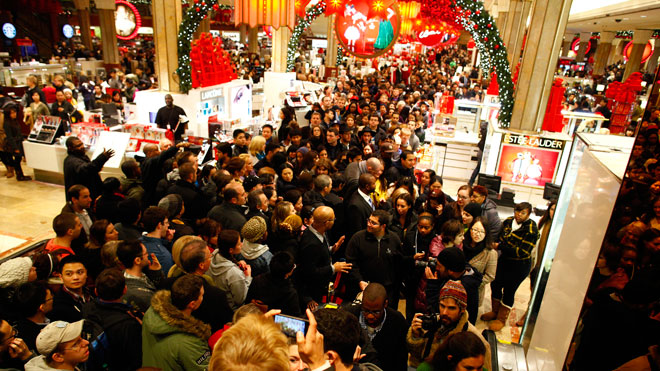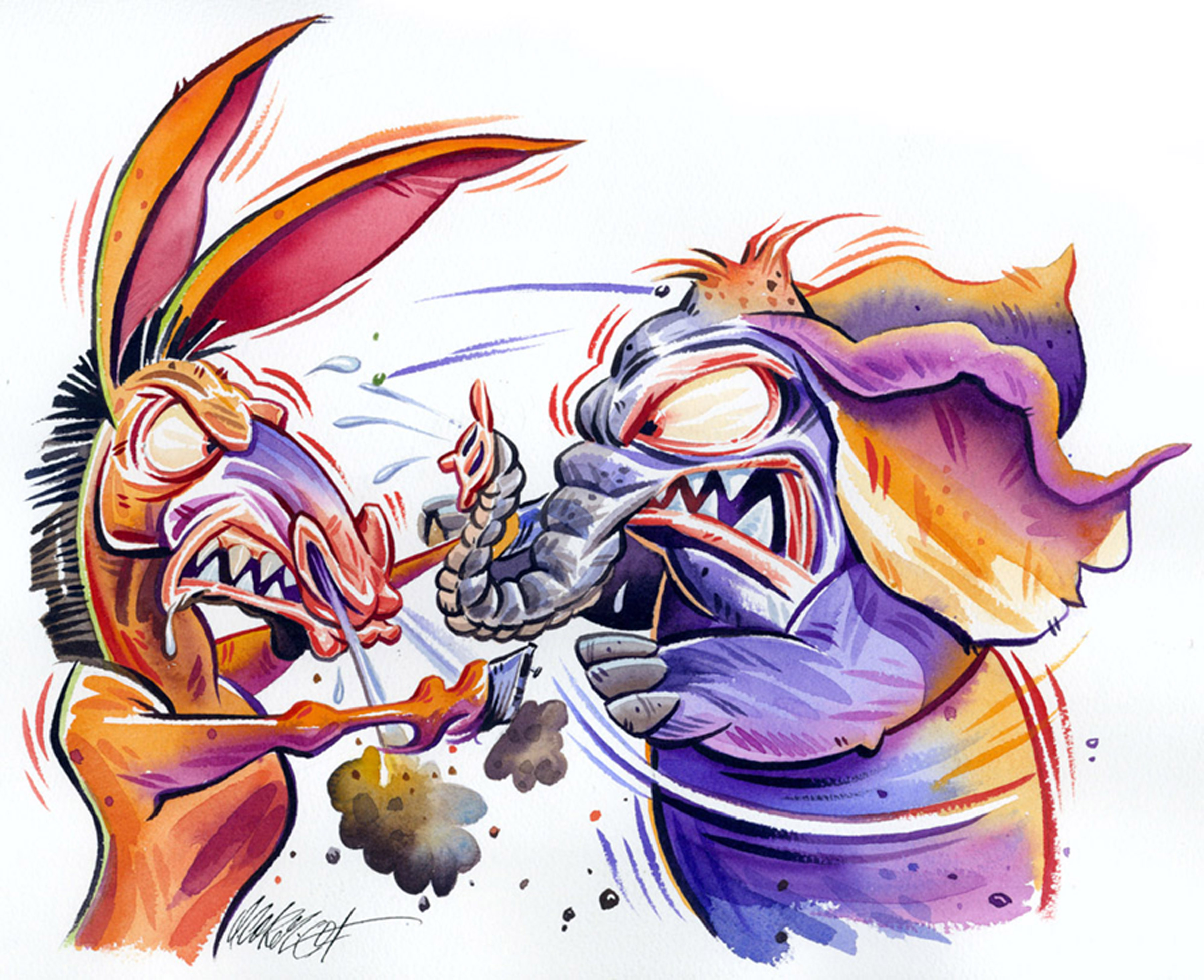The Stock Market is Unfair and That’s OK
Stock market transactions suffer from two “information asymmetry” issues. The first is that professional traders know more about almost everything related to stock trading than retail investors. This is not due mainly to academic degrees in finance; mostly it is because these guys live, eat, breathe, and sleep trading. The burn-out of full-time professional traders is severe, but they can earn truly significant amounts of money in short trading careers. This is not really different than professional athletes — but who among us would attempt to complete against professional athletes on their own turn?
The second information asymmetry issue relates to information about specific transactions. This is often called “insider information”, but much of it is available to anyone who closely monitors the specific companies and their industries. An “insider” might know that Cisco increased their orders for microprocessers and infer from that information that Cisco sales are increasing. On the other hand, a person who drives to work by Cisco headquarters every day might notice the parking lot becoming more empty every day and infer from that information that Cisco sales are decreasing. In both cases, those traders possess information you don’t have.
This is, of course, unavoidable. Numerous federal laws requiring corporate disclosure and prohibiting insider trading have not — and cannot — create a level playing field. How are you going to legislate against a guy driving by Cisco’s headquarters every day?
Luckily, this is not as big of a problem as you might suspect, because…

The Stock Market is Not a Zero-Sum Game
In a zero-sum game, one player cannot win unless at least one other player loses. Think of a zero-sum game as a fixes size pie which can only be divided between all the players. The more pie someone elses gets, the less pie you get.
The stock market is a non-zero-sum game because the size of the pie is variable. When GE increases in value, everyone who owns GE shares wins. GE can also increase in value without other stocks decreasing in value. The entire market can increase in value — and typically does over the long term. Think of the stock market as a machine that makes pies — and can make more pies for more participants. Another player getting more pie doesn’t mean that you will get any less (or more) pie.
Competing with the Pros
So how do retail investors compete with professional investors? They don’t. Remember, the stock market is not a zero-sum game. Professional investors can “win” in the market at the same time as retail investors. The gains or losses of other investors do not effect you as an individual investor. All that really matters to you as an investor is whether you are seeing better returns on your investment in stocks than you would see from competing investment options such as bonds, CDs, savings accounts, and real estate.
Making that happen… will be the subject of future articles.






